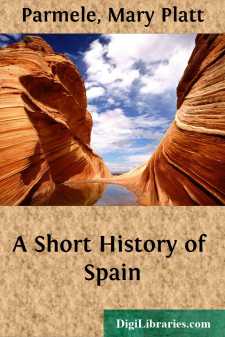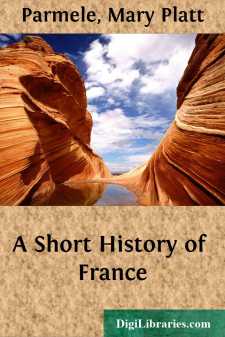Categories
- Antiques & Collectibles 13
- Architecture 36
- Art 48
- Bibles 22
- Biography & Autobiography 815
- Body, Mind & Spirit 144
- Business & Economics 28
- Children's Books 18
- Children's Fiction 14
- Computers 4
- Cooking 94
- Crafts & Hobbies 4
- Drama 346
- Education 58
- Family & Relationships 59
- Fiction 11829
- Games 19
- Gardening 17
- Health & Fitness 34
- History 1378
- House & Home 1
- Humor 147
- Juvenile Fiction 1873
- Juvenile Nonfiction 202
- Language Arts & Disciplines 89
- Law 16
- Literary Collections 686
- Literary Criticism 179
- Mathematics 13
- Medical 41
- Music 40
- Nature 179
- Non-Classifiable 1768
- Performing Arts 7
- Periodicals 1453
- Philosophy 65
- Photography 2
- Poetry 896
- Political Science 203
- Psychology 44
- Reference 154
- Religion 515
- Science 126
- Self-Help 85
- Social Science 82
- Sports & Recreation 34
- Study Aids 3
- Technology & Engineering 59
- Transportation 23
- Travel 463
- True Crime 29
Our website is made possible by displaying online advertisements to our visitors.
Please consider supporting us by disabling your ad blocker.
The Evolution of an Empire: A Brief Historical Sketch of England
Description:
Excerpt
CHAPTER I.
The remotest fact in the history of England is written in her rocks.
Geology tells us of a time when no sea flowed between Dover and Calais,
while an unbroken continent extended from the Mediterranean to the
Orkneys.
Huge mounds of rough stones called Cromlechs, have yielded up still another secret. Before the coming of the Keltic-Aryans, there dwelt there two successive races, whose story is briefly told in a few human fragments found in these "Cromlechs." These remains do not bear the royal marks of Aryan origin. The men were small in stature, with inferior skulls; and it is surmised that they belonged to the same mysterious branch of the human family as the Basques and Iberians, whose presence in Southern Europe has never been explained.
When the Aryan came and blotted out these races will perhaps always remain an unanswered question. But while Greece was clothing herself with a mantle of beauty, which the world for two thousand years has striven in vain to imitate, there was lying off the North and West coasts of the European Continent a group of mist-enshrouded islands of which she had never heard.
Obscured by fogs, and beyond the horizon of Civilization, a branch of the Aryan race known as Britons were there leading lives as primitive as the American Indians, dwelling in huts shaped like beehives, which they covered with branches and plastered with mud. While Phidias was carving immortal statues for the Parthenon, this early Britisher was decorating his abode with the heads of his enemies; and could those shapeless blocks at Stonehenge speak, they would, perhaps, tell of cruel and hideous Druidical rites witnessed on Salisbury Plain, ages ago.
[Sidenote: Caesar's Invasion, 55 B.C. Britain a Roman Province, 45 A.D.
Boadicea 61 A.D.]
Rumors of the existence of this people reached the Mediterranean three or four hundred years before Christ, but not until Caesar's invasion of the Island (55 B.C.) was there any positive knowledge of them.
The actual conquest of Britain was not one of Caesar's achievements. But from the moment when his covetous eagle-eye viewed the chalk-cliffs of Dover from the coast of Northern Gaul, its fate was sealed. The Roman octopus from that moment had fastened its tentacles upon the hapless land; and in 45 A.D., under the Emperor Claudius, it became a Roman province. In vain did the Britons struggle for forty years. In vain did the heroic Boadicea (during the reign of Nero, 61 A.D.), like Hermann in Germany, and Vercingetorix in France, resist the destruction of her nation by the Romans. In vain did this woman herself lead the Britons, in a frenzy of patriotism; and when the inevitable defeat came, and London was lost, with the desperate courage of barbarian she destroyed herself rather than witness the humiliation of her race.
The stately Westminster and St. Paul's did not look down upon this heroic daughter of Britain. London at that time was a collection of miserable huts and entrenched cattle-pens, which were in Keltic speech called the "Fort-on-the-Lake"—or "Llyndin," an uncouth name in Latin ears, which gave little promise of the future London, the Romans helping it to its final form by calling it Londinium....








